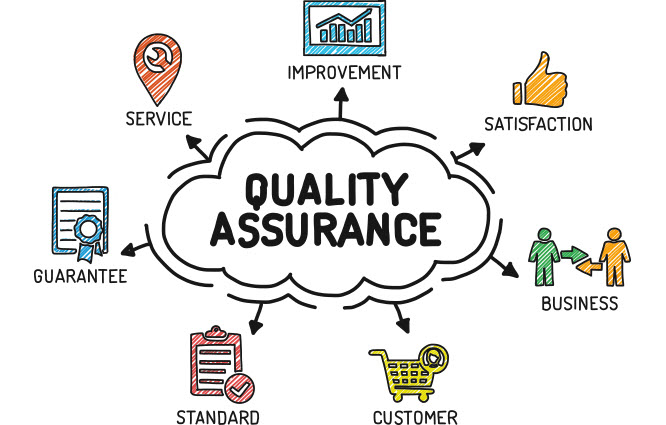Quality Assurance (QA) is an important and integral part of the Software Development Lifecycle (SDLC). It verifies that the end product of any SDLC conforms to the overall and scope-agreed expectations. When performed correctly, QA helps minimize errors, improves the robustness of products, and helps keep down development costs. QA ensures that there are no bugs in the end product before it goes into production, thus ensuring minimal disruption during the lifetime of any software product or application.
What Is QA?
Answer: Quality assurance (QA) is a common practice to ensure that the end product of any software development lifecycle (SDLC) conforms to both its overall and scope-agreed expectations. The driving force behind QA is ISO 9000, an international standard that establishes criteria and guidance for QA processes.
The Importance of QA in Software Development
QA is one of those buzzwords you hear everywhere. But it’s not just jargon—quality assurance can save time and money and improve quality, security and customer satisfaction. So why exactly is QA important? Well, many mistakes made at one stage of a project can lead to more problems later on. For example, if you miss a critical bug in development, it may not show up until testing or even be caught by customers after release. If QA had been present during each step of your software development lifecycle (SDLC), these bugs could have been found and fixed earlier. This would save everyone involved time, effort, and money while improving your product’s overall quality.
QA involves both manual and automated testing. Manual testing requires a tester to execute test cases without the help of automation tools, making it ideal for exploratory, usability, and ad-hoc testing. On the other hand, automated testing uses various tools to automate testing processes, which is perfect for repetitive tasks and regression testing. These tools to automate testing can significantly enhance efficiency and accuracy, ensuring robust and reliable software.
What is the Role of QA in Software Development?
The standard ISO 9000 defines quality assurance as A part of quality management focused on providing confidence that quality requirements will be fulfilled. The role of QA in software development is to make sure that an organization can deliver a product or service with an agreed and stated level of quality. ISO/IEC Guide 25 and other standards, guides, and frameworks describe in detail how a successful QA function should be structured and what its responsibilities are.
What Are Some Example Types Of Tests That Can Be Conducted During SDLC Processes?
There are five types of tests which are performed during SDLC processes, and these include unit testing, system testing, integration testing, user acceptance testing and regression testing. Unit Testing is conducted to ensure that a specific software module works correctly in isolation without having any dependency on other modules. System Testing is performed to evaluate all new and existing modules in their end-to-end interactions with other modules and environments to test overall system functionality.
Tips For Managing A Testing Team
QA for software teams is typically administered by one or more team members who are familiar with QA. This can be a great asset if you have someone who’s already immersed in QA, but it can also create conflict and confusion if that person has a different understanding of what your product is and how it should behave than your developers do. To prevent problems, make sure to allow those stakeholders to weigh in on any changes before they roll out.
Does QA require coding?
QA is not synonymous with coding. Though it is common for QA engineers to write unit tests and sometimes automation, there are many different approaches to QA, and no one size fits all. Some teams are entirely focused on exploratory testing; some do automated checks of their code; others focus on integration, user experience, and system test at various stages of software development. No matter what approach you take, one thing remains true – no software goes out the door without being quality assured.

